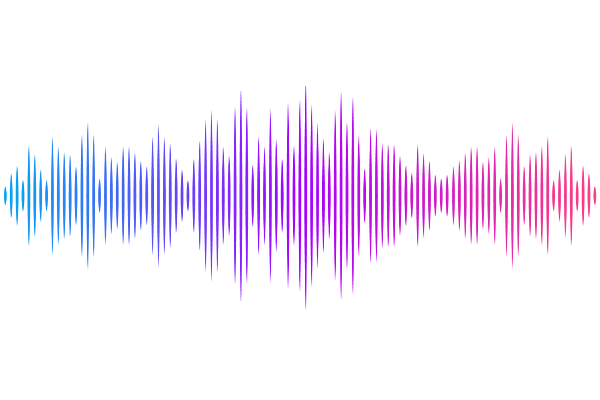The Condition Number as a Scale-Invariant Proxy for Information Encoding in Neural Units

The Condition Number as a Scale-Invariant Proxy for Information Encoding in Neural Units
Oswaldo Ludwig
AbstractThis paper explores the relationship between the condition number of a neural network's weight tensor and the extent of information encoded by the associated processing unit, viewed through the lens of information theory. We argue that a high condition number, though not sufficient for effective knowledge encoding, may indicate that the unit has learned to selectively amplify and compress information. We formalize this intuition, particularly for linear units with Gaussian inputs, linking the condition number and the transformation's log-volume scaling factor to the characteristics of the output entropy and the geometric properties of the learned transformation. Our analysis demonstrates that for a fixed weight norm, a concentrated distribution of singular values (high condition number) corresponds to reduced overall information transfer, indicating a specialized and efficient encoding strategy. Furthermore, we present a practical case study where these principles are applied to guide selective fine-tuning of a multimodal Large Language Model, aiming to mitigate catastrophic forgetting during cross-modal adaptation. Unlike many existing catastrophic forgetting mitigation methods that rely on access to pre-training statistics, which are often unavailable, our selective fine-tuning approach offers a way to bypass this common requirement.